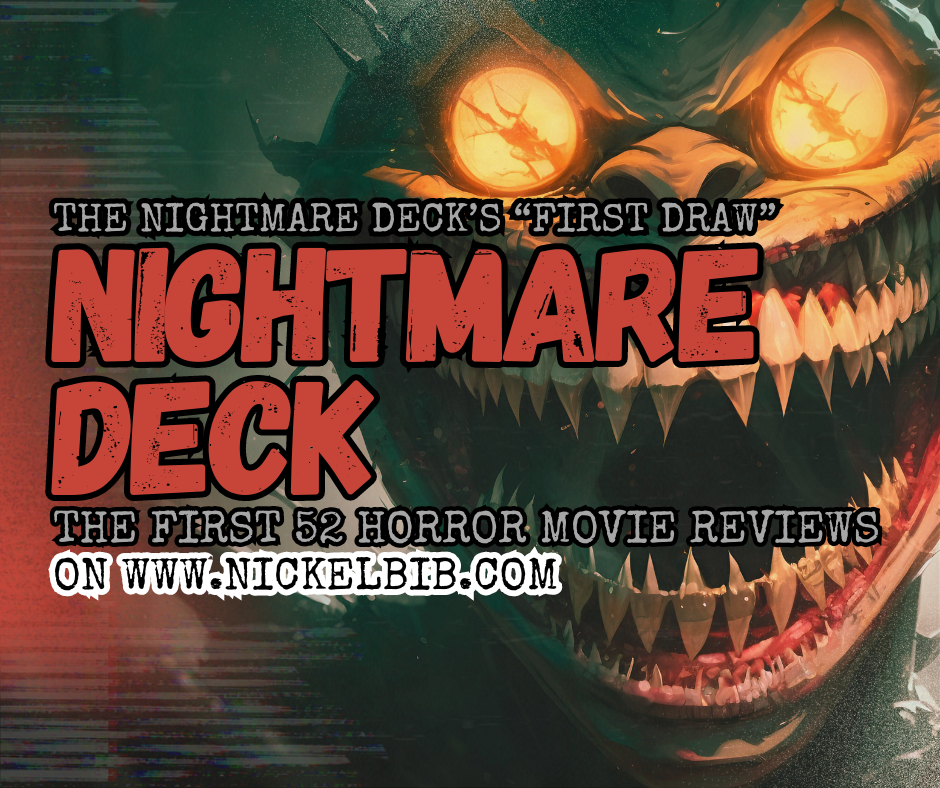When I read about the criticisms M. Night Shyamalan had in-regards to how the film was marketed, I couldn’t help but think contrary to his belief. He criticized how the film was marketed as a thriller akin to Sixth Sense, when he feels it should have been marketed as a straight-up comic book film. To me, this shows a dissonance between what I perceived and what M. Night evidently intended. This film feels as though it clutches the Superman mythos and re-works them into a psychological thriller. For the most part, Unbreakable feels like a very small, personal affair with Elijah Price and David Dunn both searching for a sense of purpose and identity. Elijah feels weak and brittle, whereas David feels he should be doing something more. The film is slow-burn and careful.
This is something that isn’t for everyone, but, at a time when superhero films feel so abundant, I can’t help but appreciate Unbreakable for trying to create something self-contained and not for what will come after. Similar to how The Dark Knight applied elements of a crime-drama and blended it with the superhero genre, I feel Unbreakable does something similar as a superhero-thriller, a hodgepodge approach I’d like to see pursued more often. The cinematography by Eduardo Serra and the music by James Newton Howard all help this feel like a film with a vision and high-production. I love the Marvel Cinematic Universe, and often, I am happy with what I receive from them, but that doesn’t mean they aren’t without their faults. Something I think Unbreakable does, and it’s a testament to M. Night Shyamalan and how capable he really is, is how well-shot it is and how thematic it seems. It is grounded, but in a way that feels deserved and not like a forced marketing-decision. It feels like it has something on its mind.
Bruce Willis’ performance can best be described as understated, which is something I heard praised about him in this film. Personally, although I don’t think it was too detrimental overall, I can’t help but escape the sentiment that he seemed a little too humdrum in certain scenes. Meanwhile, Samuel L. Jackson, on the other-hand, can go the distance with his performance, sounding expired and articulate one minute and utterly delusional the next, spouting theories about superheroes and the secret truth buried inside comic-books.
Some comparisons made to The Sixth Sense were bound to arise, and they have, with a lot of conversation about the film’s ending and the “twists and turns” it has. In my opinion, I didn’t really think of Unbreakable as having a twist. This is both a defense against a criticism and the birth of a new one, I’m afraid. At no point did I have any doubts about the relationship between the characters, with it seeming like a very natural and easy-to-follow progression. This still makes Unbreakable’s pay-off a little underwhelming, in-retrospect.
It makes sense from a narrative-perspective, but it certainly doesn’t pack a wallop, instead, once again, it feels like the clearest line of trajectory. It isn’t a swerve, it’s a film that stayed its course.
I think the best word I could use to describe Unbreakable is solid. Unbreakable is brimming with style and technique, and although it may not stand to answer the ambitious questions it asks itself and its audience, it makes for a good film. Perhaps some of its ideas could have been fine-tuned or tightened, and perhaps more scenes could have ended on the chopping-room floor in-favor of something better, but I think it makes for a good film.






GIPHY App Key not set. Please check settings